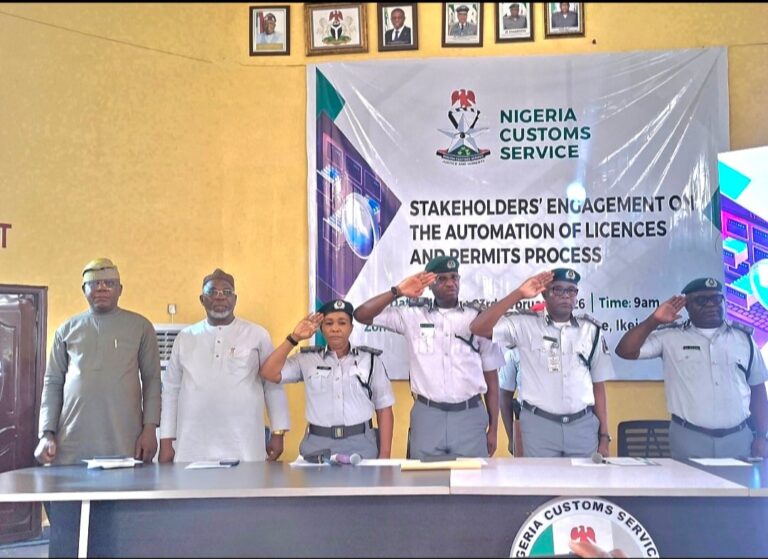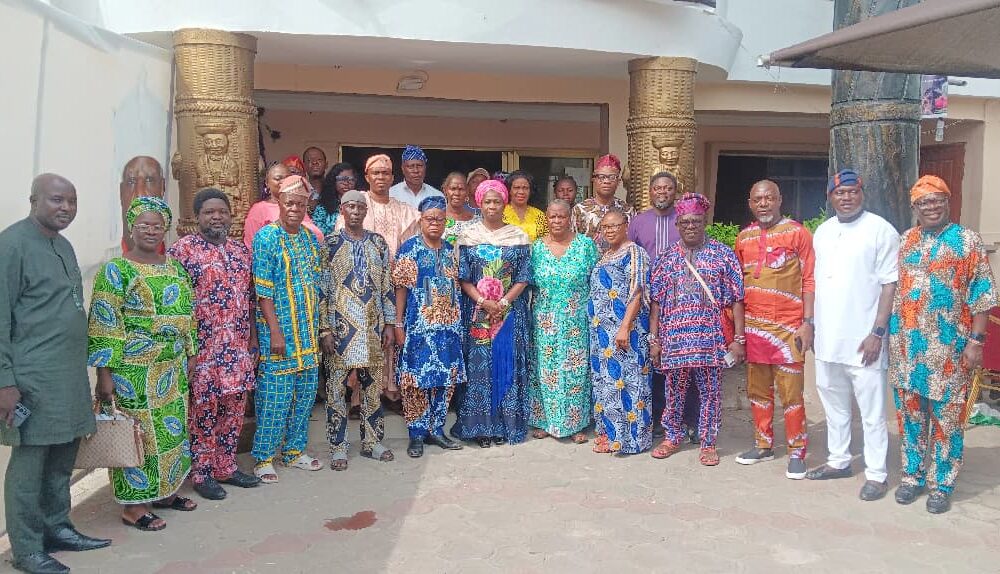The Chief Executive Director Africa Development Studies Center (ADSC), Victor Walsh Oluwafemi on Monday said Nigeria’s fiscal environment, characterised by challenges and opportunities, demand a deep understanding of its complexities to weather the economic situation in the country.
The ADSC boss disclosed this at the ongoing Service Wide Strategic Training on Enhancing Public Revenue and Expenditure Management organised by Fiscal Responsibility Commission and ADSC.
He said: ” In the dynamic world of public finance, expertise in revenue generation and expenditure management is crucial.
“Nigeria’s fiscal environment, characterised by challenges and opportunities, demands a deep understanding of its complexities. The government’s heavy reliance on oil revenue, budgetary indiscipline, bureaucratic corruption, and governance issues undermine fiscal policy effectiveness in achieving macroeconomic goals.
“The IMF highlights these challenges, noting the difficulties in implementing fiscal policies amidst volatile revenue streams in Nigeria.
“As we gather here, we are all too familiar with our fiscal hurdles and the pressing need to generate substantial revenue for public operations. This is particularly vital for the success of President Bola Tinubu’s Administration’s Renewed Hope Agenda, which hinges on efficient revenue generation and its judicious use for Nigeria’s sustainable development.
“Addressing these challenges, our training program focuses on the issue of volatile revenue flows, a central concern in Nigeria’s fiscal framework.
“Participants will engage in specialised modules that offer risk management strategies suitable for our unique revenue volatility. Additionally, the program will tackle the critical issue of over-reliance on oil revenue. Participants will gain insights into diversifying revenue sources and strategies to decrease oil dependency, enhancing fiscal resilience.
Addressing these challenges, our training program focuses on the issue of volatile revenue flows, a central concern in Nigeria’s fiscal framework. Participants will engage in specialised modules that offer risk management strategies suitable for our unique revenue volatility. Additionally, the program will tackle the critical issue of over-reliance on oil revenue. Participants will gain insights into diversifying revenue sources and strategies to decrease oil dependency, enhancing fiscal resilience.
Oluwafemi further explained that: “The program also acknowledges the significant barriers of fiscal indiscipline and bureaucratic corruption. It emphasises fostering a culture of accountability and transparency.
“Participants will engage in case studies, interactive discussions, and practical exercises focusing on best practices in fiscal discipline and ethical governance. We aim to nurture a commitment to sound financial management practices, reducing the negative impacts of fiscal indiscipline”.





